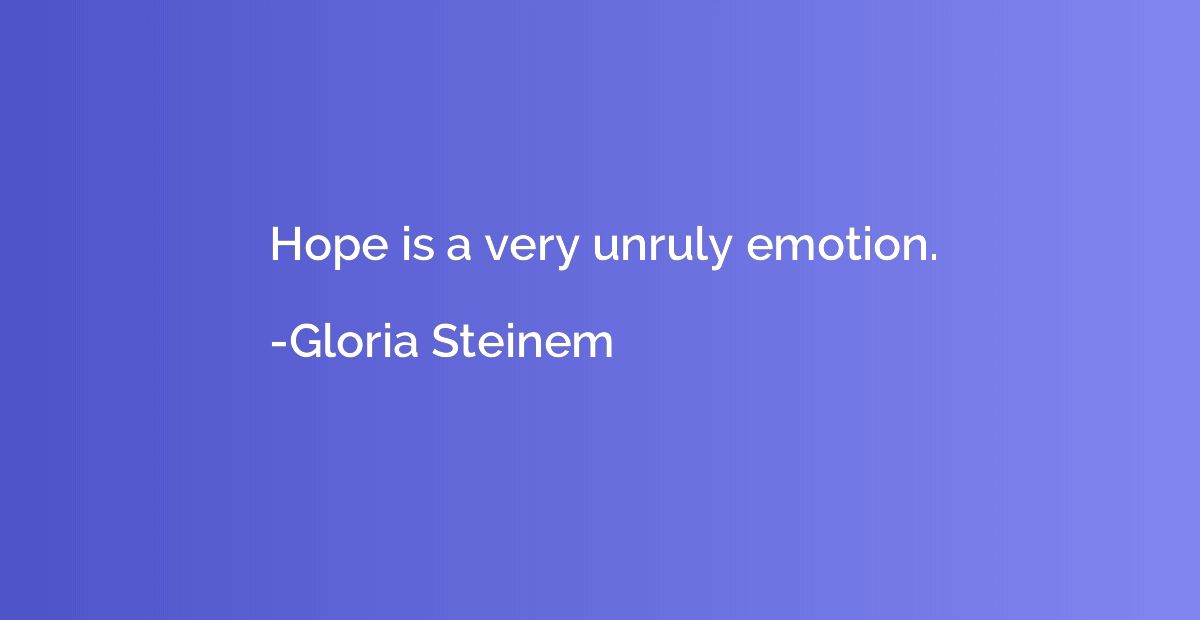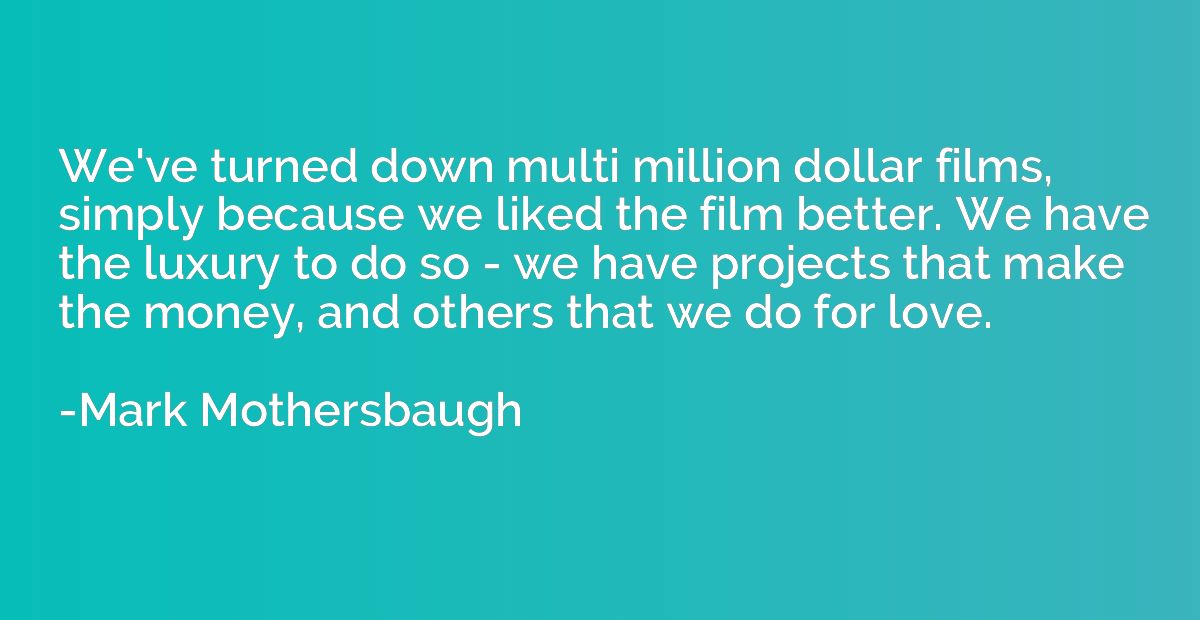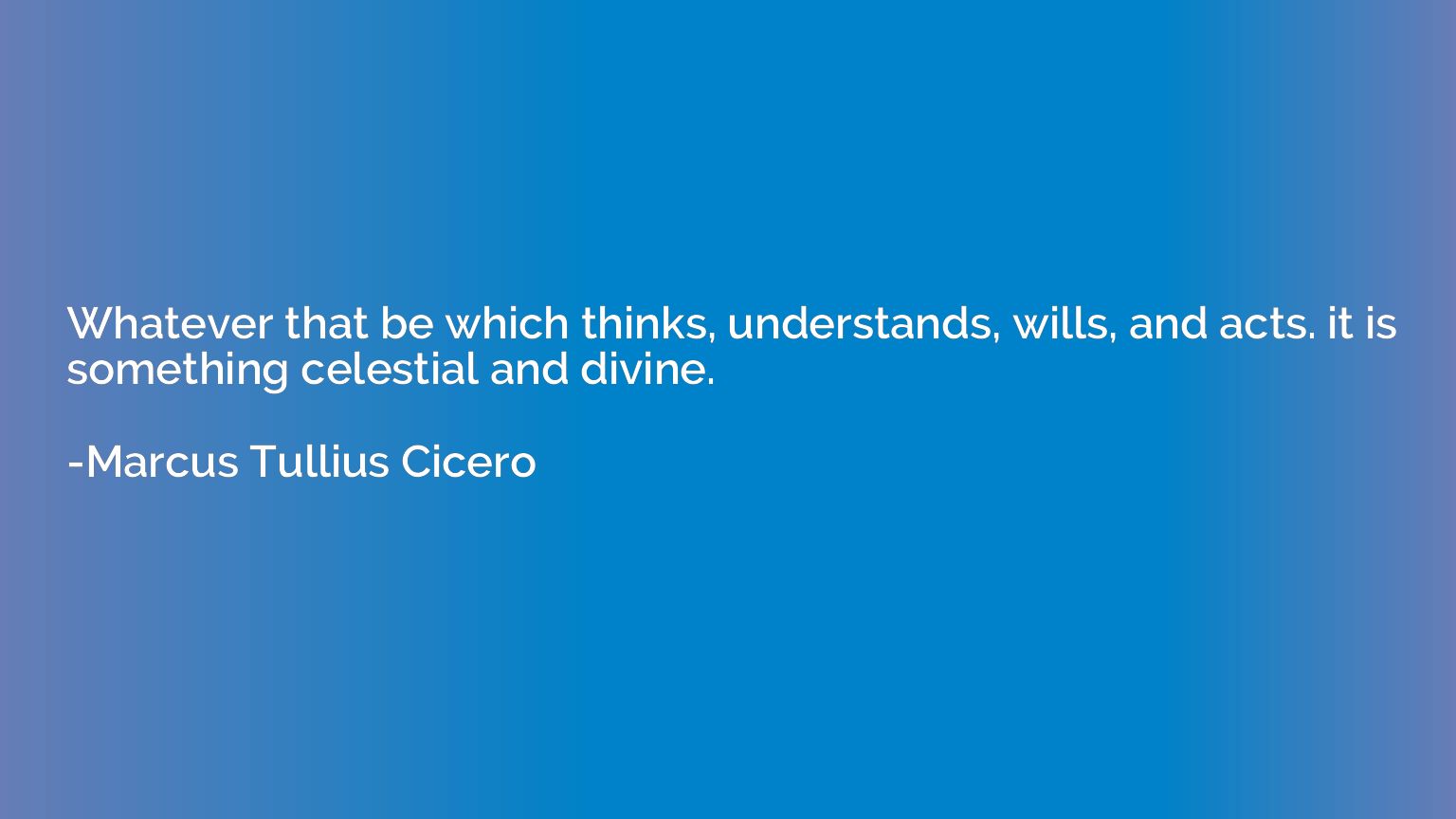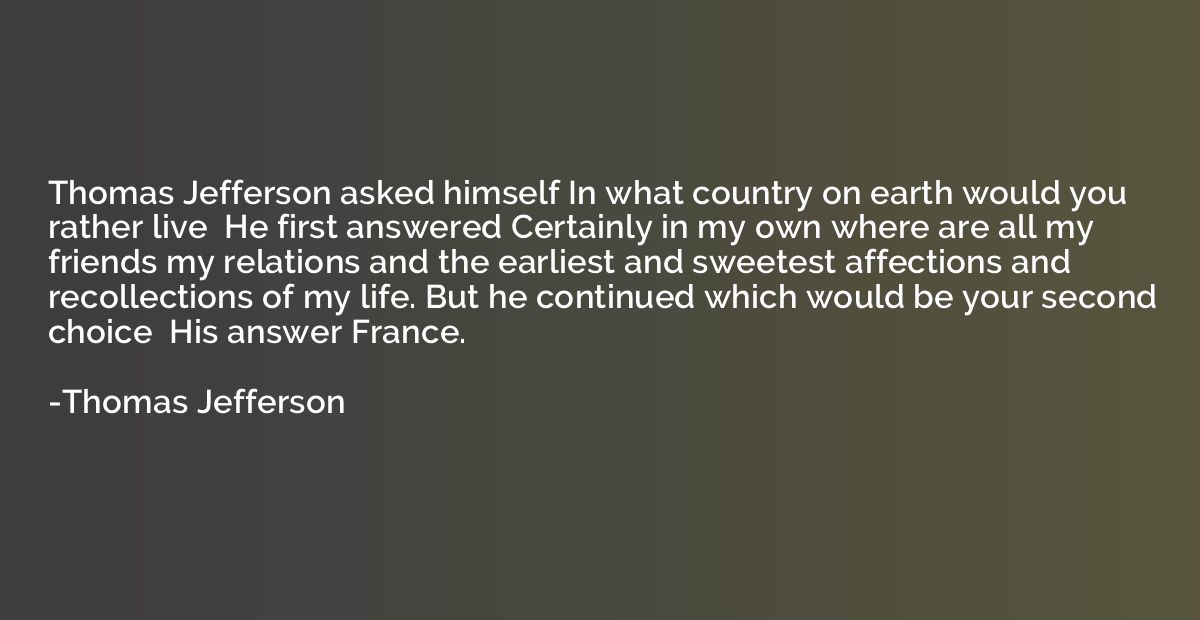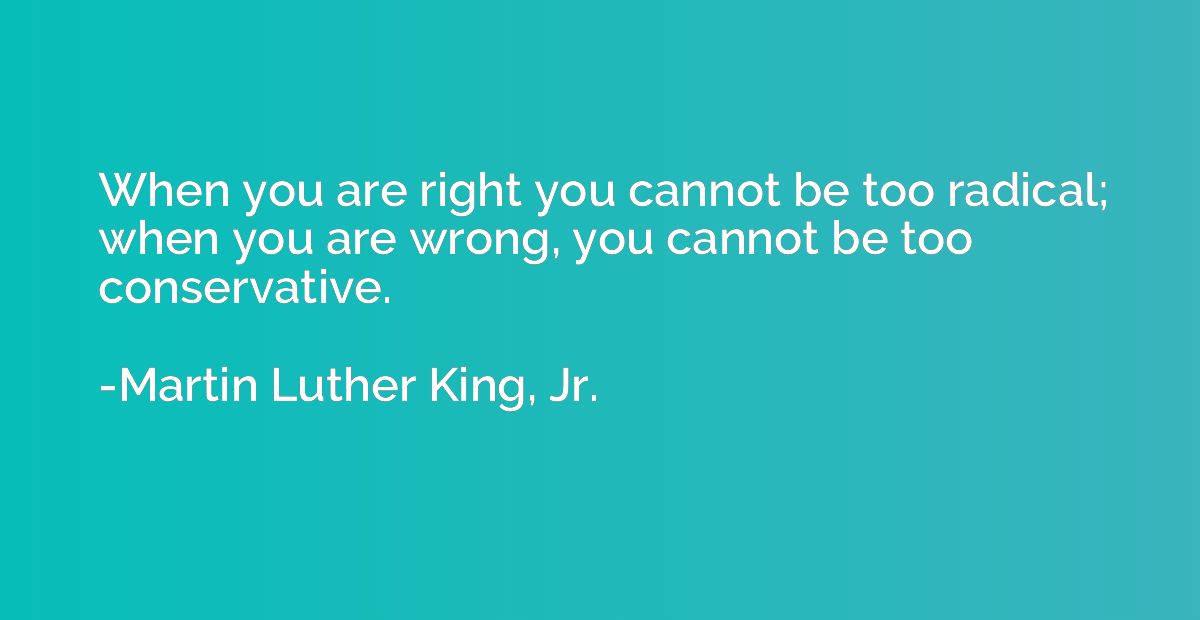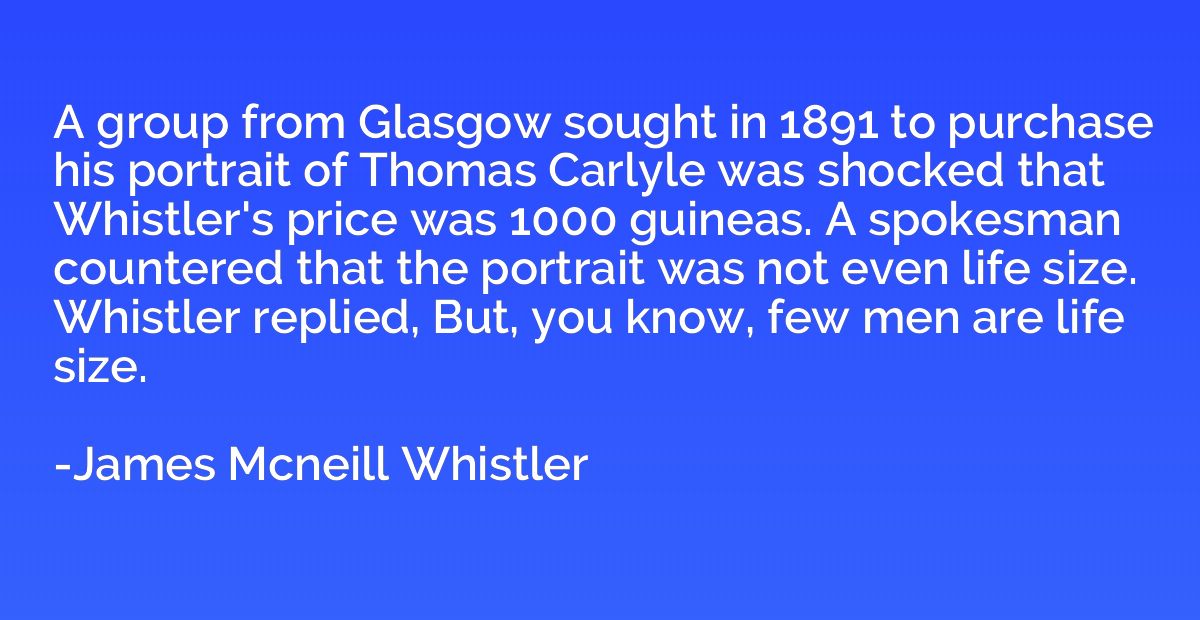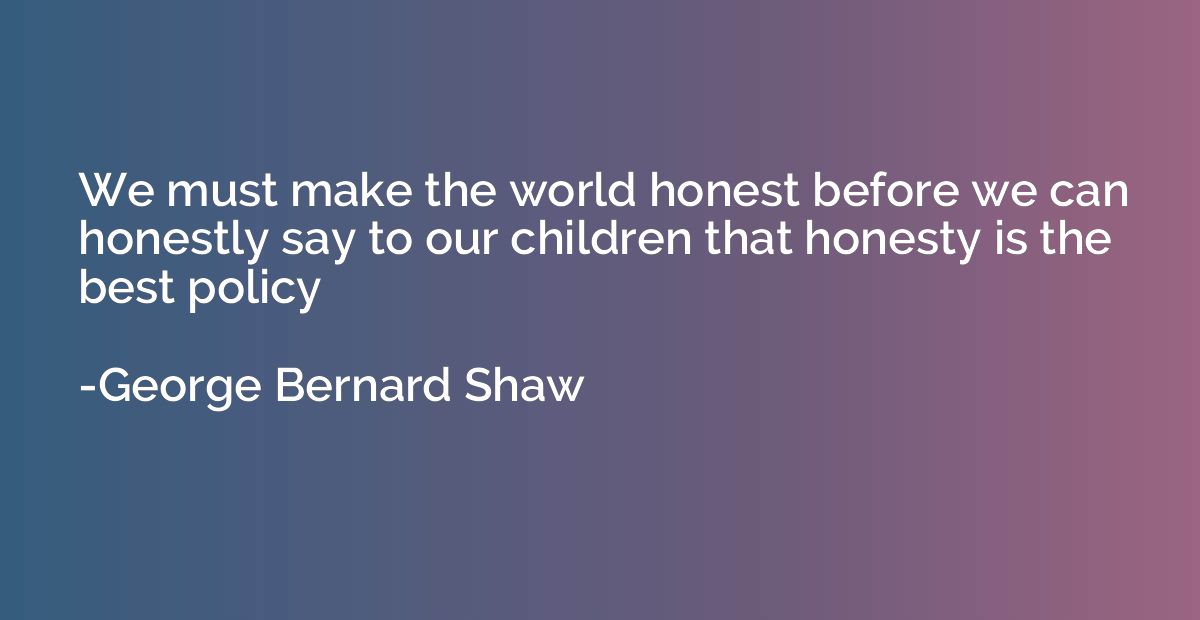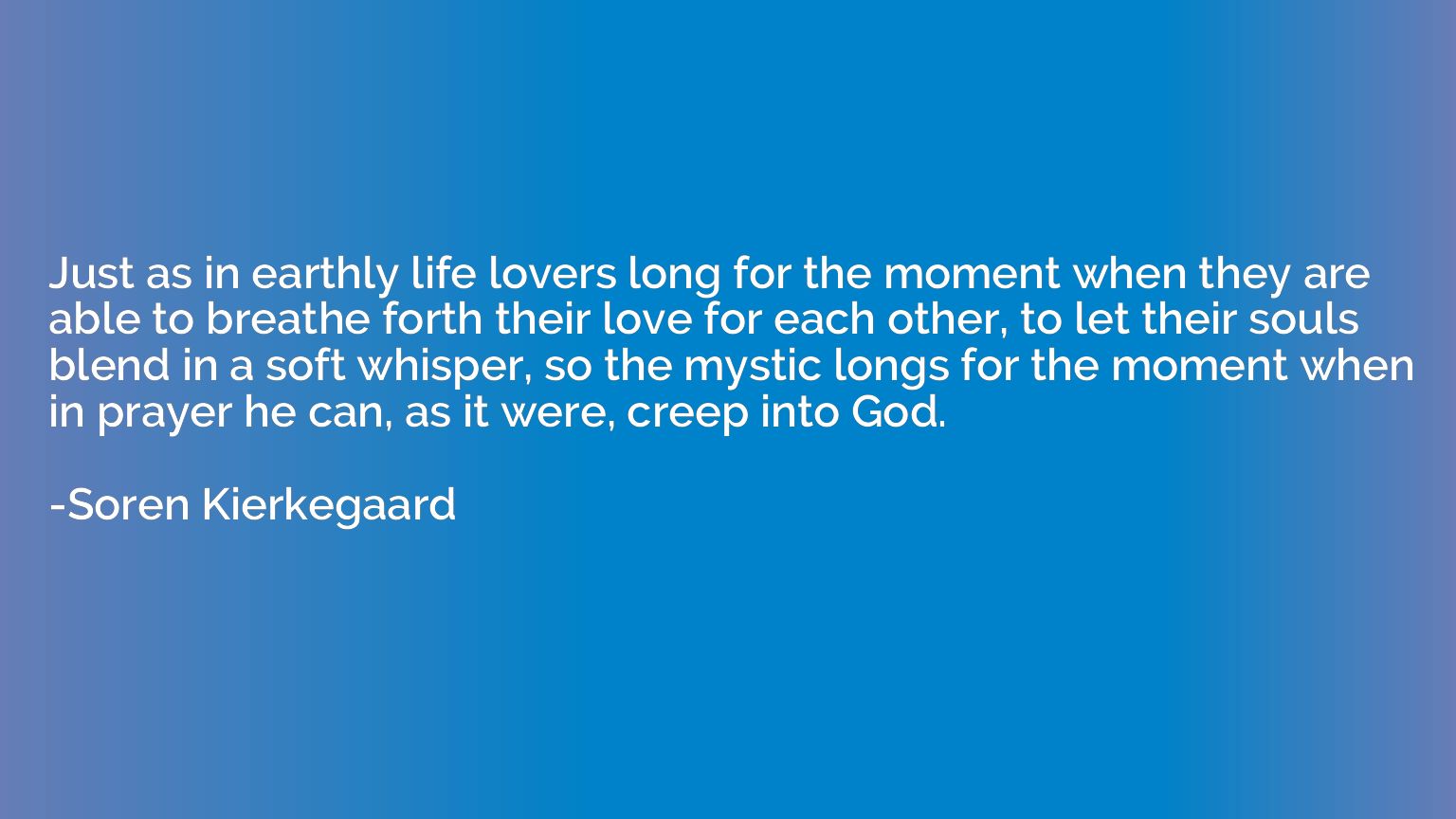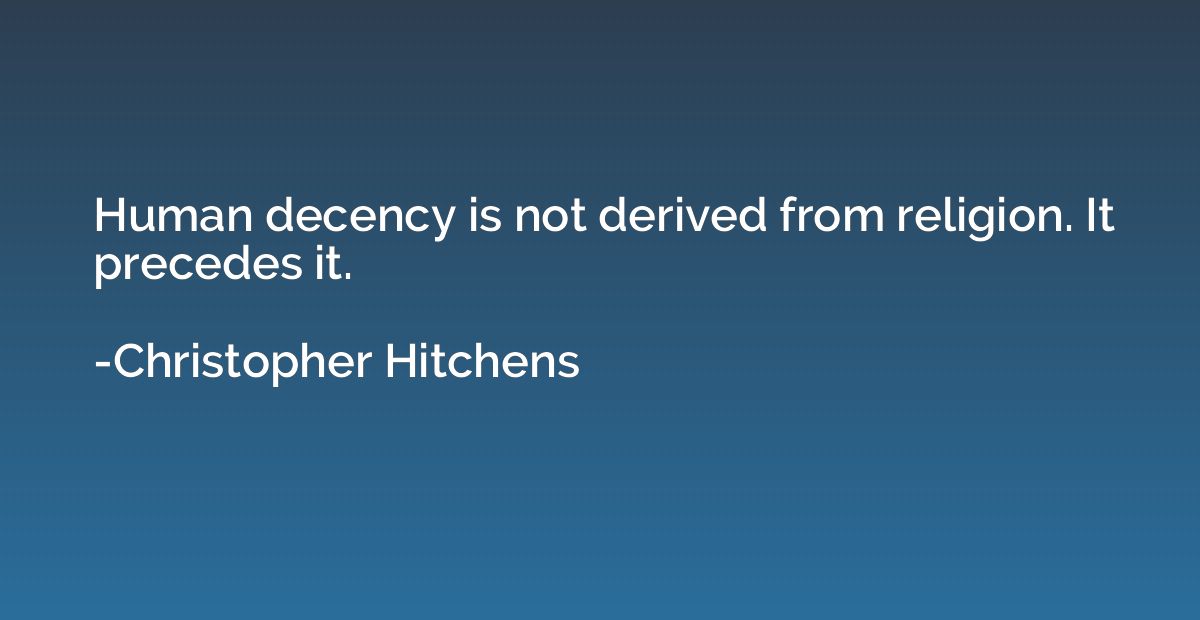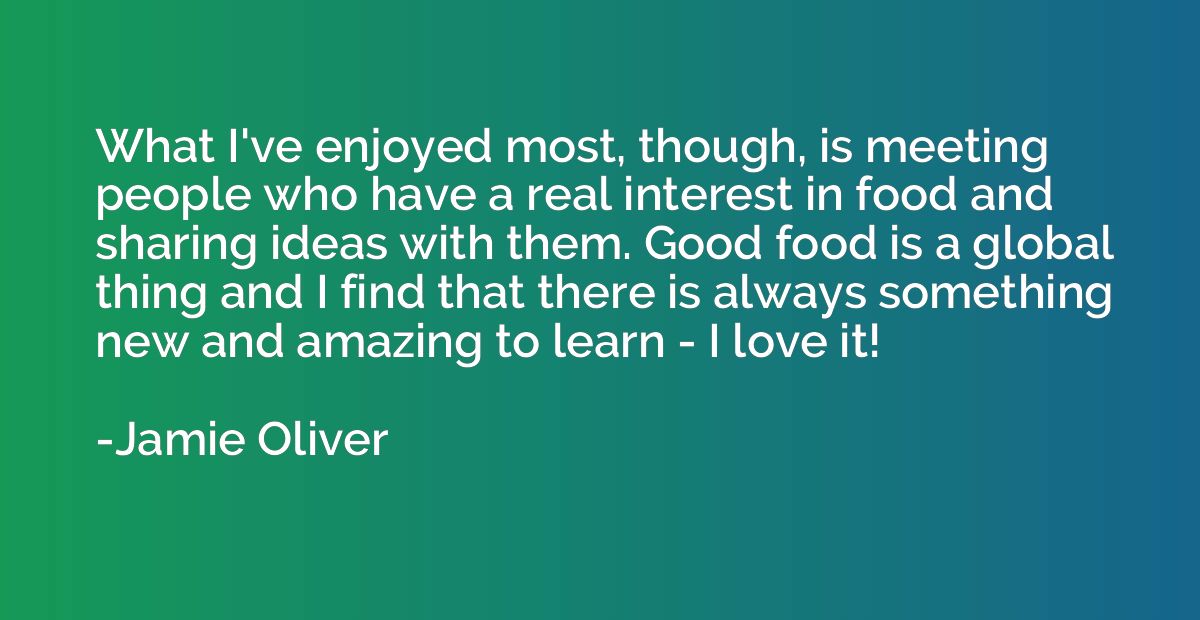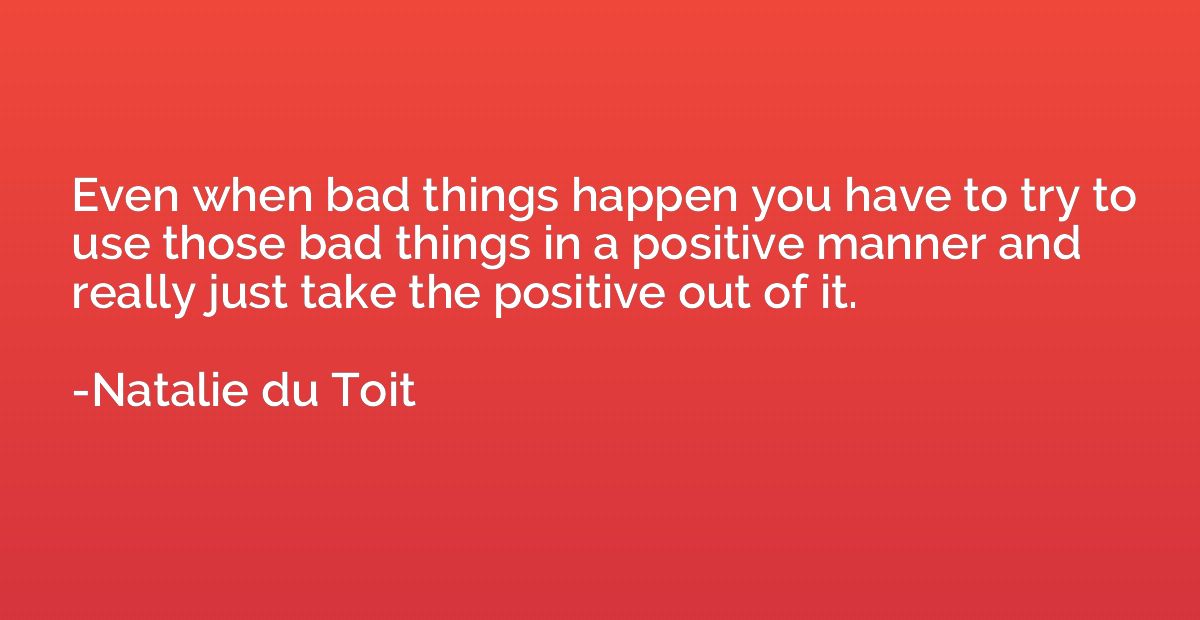Summary
"Hope" refers to a powerful and unpredictable emotion. Inherently unruly, hope does not adhere to logic or consistency. It transcends rationality and can manifest in unexpected ways. This word encapsulates the idea that hope can't be easily tamed or controlled, taking us beyond our expectations and challenging our perceptions. It reflects the unpredictable nature of hope, reminding us that it can steer us towards unforeseen outcomes, both positive and negative. Ultimately, hope's uncontrollable energy emphasizes its immense influence in the human experience, often guiding us through the most uncertain and challenging times.
